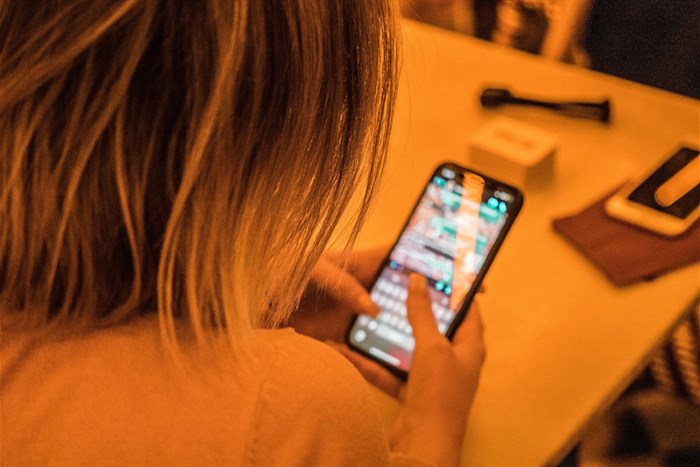Will 2023 take us closer to RCS replacing SMS as the world's default messenger?

One recent prediction by an Android news platform that piqued my interest says rich communication services (RCS) could grow more than 200% over the next five years to an astonishing 3.8 billion users. Juniper Research notes the figure going into 2023 is estimated to be an also astonishing 1.2 billion users.
RCS facts and stats aside, what’s really gobsmacking to me and many leaders I interact with in the South African and overseas ICT industries, is that this clearly next-gen messaging technology continues to be flat-out ignored by Apple. The tech giant continues to blank RCS evangelist Google as it focuses on iMessages on devices within Apple's own bubble of an ecosystem.
Who doesn’t love the historical slickness of an Apple device? All of us, however, in the ICT sector have to think bigger than our own individual willingness to stand in that iStore queue for the latest and greatest.
If we are to continue to grow the Global System for Mobile Communications (GSM) for the benefit of all eight billion (eight billion from last week) human beings, we need to first and foremost remember accessibility in the form of reach and affordability.
It really is as simple as that. It’s also as simple as this: RCS is manufacturer-agnostic and can work on any Android device, as long as it's running Android 5.0 or later.
RCS so obviously represents the natural evolution from the traditional and hugely-popular SMS and MMS messaging standards that ignoring this upgrade is like failing to adopt colour TV after the black and white box.
It seems a pity there isn’t more enthusiasm from some quarters for a messaging technology set to be used by close on 4bn people around 2026.
It really is time for a richer text-based experience while remembering that it wasn’t Google, but the industry-wide GSM Association that spent more than a decade fine-tuning RCS before it made its official debut in 2016.
The world loves the familiar, phone number-based SMS and now expects modern features that come in OTT (Over The Top) messaging apps like WhatsApp and these include typing indicators, read receipts, end-to-end encryption and simply more space. Of course, those features are already available in OTT messaging apps, but the OTT ecosystem is so fragmented. As we all know, you can only message someone over WhatsApp, for example, if they use the app.
Few people in the industry - and users outside of it – can fathom why the world’s (erstwhile?) leading tech innovator cannot accept the so patently obvious.
While SMS has found new life in corporate communication, the 160-character messaging platform is sorely in need of the update that is RCS. If SMS remains popular now, with all its limitations, imagine how amazingly well a refresh will go down.
RCS is the logical SMS replacement for native, default, text-based communications between Apple and Android devices.
The good news is that the year 2023 will take us much closer to RCS replacing SMS as the default native text messaging service for all phones in the future.
